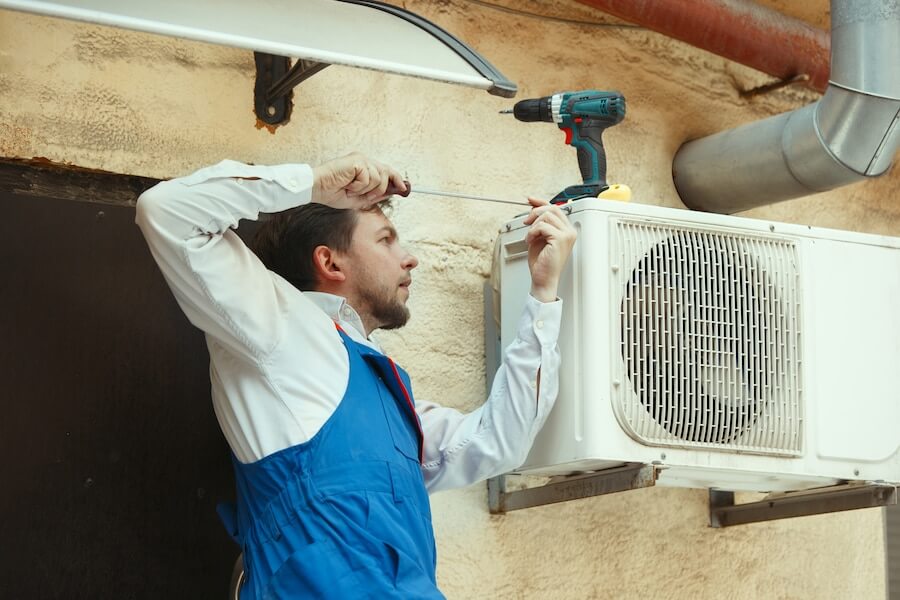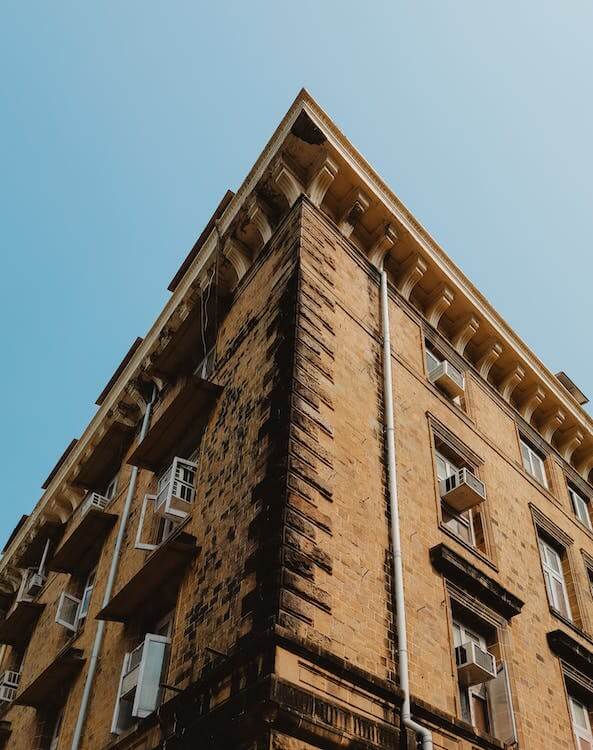How to Choose Between Repairing and Replacing Your AC
Posted on Wed, 28 Sep 2022 by Guest
There are a few things to take into consideration when choosing between an air conditioner repair or replacement. These factors include the unit’s age, its efficiency and functionality, and the cost of any necessary repairs, among others.
If your air conditioner goes down on the hottest days of the year, keeping these aspects in mind will make creating a less frantic plan of action easier. An older machine may function properly for a few more years with just a little repair and routine maintenance.
A new, high-quality air conditioner requires a significant investment. It usually makes more sense to have it fixed unless your old unit is underperforming and you can’t fix it without incurring substantial expenses. When determining whether to fix or replace your current air conditioner, some factors to consider are:
1. The Ductwork’s Condition
Even with the most energy-efficient equipment, you would not feel sufficiently cool on hot days. This is because the central air system’s mechanical components are just one component. Your technician should perform a duct-leakage test by closing the vents and calculating how much air leaves the system before determining whether to replace or repair your blower and condenser units.
If the ducts are ineffective, he can find and fill the gaps for, generally, $25 to $35 per vent (or, in business lingo, per “run”) or, for about $100 per run, completely replace the ducting with new, insulated tubing. Your specialist could recommend replacing the mechanicals in addition to making duct modifications, or they might advise fixing just one or the other.
2. The Efficiency of Your Current Unit
Your energy costs will be a pain when your air conditioner is outdated or in poor condition. While professional maintenance and cleaning can be helpful, some indicators of aging, such as efficiency, cannot be remedied without a complete replacement.
A Seasonal Energy Efficiency Ratio, or SEER Rating, is a term used to describe how effective an air conditioner is. It involves figuring out how much heat is evacuated in relation to how much energy the system uses.
Consider it similar to a car’s miles per gallon. The mileage improves with increased efficiency.
SEER ratings begin at 8 and increase from there. The most effective whole-home air conditioners typically operate in the 20 to 25 SEER range, although there is no limit.
This implies that in comparison to a new cooling system, your present system is more likely to be inefficient the older it is. Your utility costs and electricity use will be directly impacted by this. It’s important to note that efficiency consists of more than SEER. Your system’s efficiency is also influenced by the right amount of refrigerant, the regularity of expert maintenance, and the state of the electrical components.
3. The AC Unit’s Age
Your air conditioner’s age should be the first factor you take into account when considering whether to replace it or repair it. In general, older AC units should be replaced with more recent, more efficient versions. Older units sometimes operate less effectively than newer versions and may have lower Seasonal Energy Efficiency Ratios (SEER). Your air conditioner could be costing you more money if it was made in 2006 or earlier and does not meet basic government standards.
4. The Cost of AC Repairs
The cost of the required repair is one of the main factors when selecting between an AC repair and an AC replacement. There’s no reason to discard the entire item if the remedy is quick, easy, and reasonably priced. Over the course of your unit’s life, minor repairs may be required occasionally. On the other hand, a costly repair can force you to spend the amount of a new system without receiving the benefits. In these circumstances, it is crucial to consult a professional on the projected long-term costs for your unit.
A costlier repair could be justified if your equipment comes from a trustworthy brand and might add another five years to its lifespan. However, even minor service visits might start to pile up if your unit is expected to have several repairs over the course of the next five years. When estimating replacement and repair prices, it is useful to think about your potential financing options, coupons, and rebates.
5. The Length of Time You Intend to Stay at Your House
Your choice to fix or replace your HVAC system may be influenced by how long you intend to remain at your home:
- You intend to sell your house: If you intend to sell your house soon, the decision between repair and replacement becomes a little more challenging. A modern HVAC system has the potential to increase the market appeal and retail value of your house. You may also consider using PACE financing, which would have the appearance of being brand-new and include the cost of your system in your property taxes.
These payments would be sent to the next homeowner if you sold your house. Instead of spending money on a complete HVAC replacement, you can decide to make a little repair to get by instead, if you want to sell your house as-is for a lower price. - You intend to remain at your residence for a long time: If you possess an older unit and want to live in your house for a long time, the question becomes when you will replace it rather than if you will need to replace it. Your HVAC specialist can evaluate your system and assist you in determining if a replacement or repair is the best option for you, even though it’s still a crucial decision.
6. The Extent of Damage to Your Air Conditioning Unit
It’s crucial to first have a professional assess the severity of the problem before determining whether you should have your AC unit fixed or replaced. Repairing structural deterioration, such as rust and corrosion, and permanent harm to key system components might not be worth the cost. Similar to an engine replacement, these significant fixes would still end up leaving you with a piece of outdated equipment that may develop new issues in the future.
Endnote
When your air conditioner is more than eight years old, repairs are usually not worth the money unless there is a straightforward issue, such as a fan belt that is worn out or debris obstructing the condenser unit.
Ask your contractor to evaluate not just the state of your current equipment but, additionally, the ducts that distribute cold air and the general condition of the insulation within your home in order to best balance your option to repair or replace. The system’s efficacy may be increased by enhancing those factors just as much, or even more, than by adding additional equipment.



